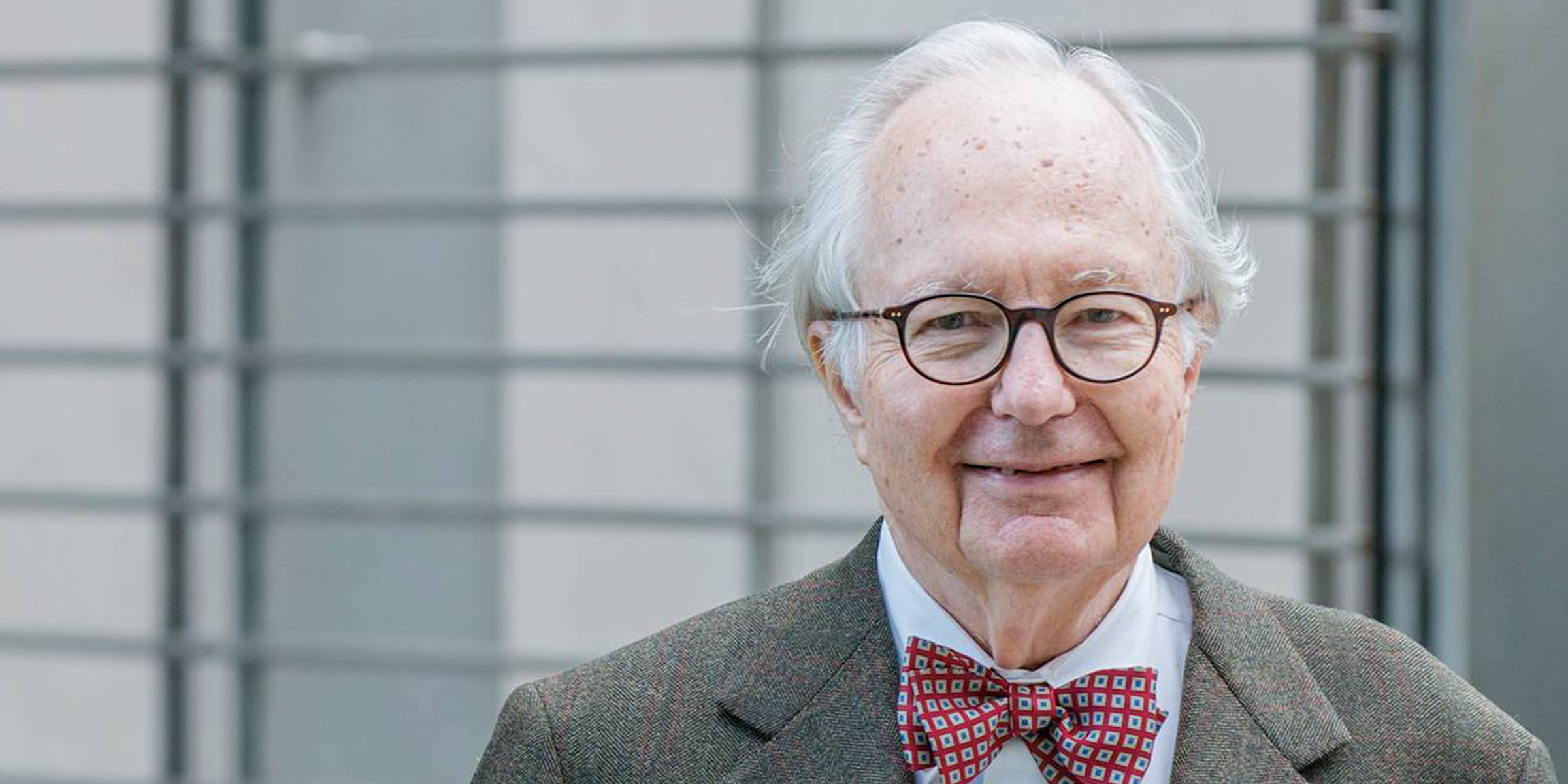The Darnell laboratory studies how signals from the cell surface affect the transcription of genes in the nucleus. Using interferon as a model cytokine, the group discovered that transcription of specific genes is quickly changed by binding of cytokines to the cell surface. The bound interferon leads to the tyrosine phosphorylation of latent cytoplasmic proteins called STATs (signal transducers and activators of transcription), which dimerize by reciprocal phosphotyrosine–SH2 interchange. These transcription factors accumulate in the nucleus, bind DNA, and drive transcription. The pathway has proved to be of wide importance, with seven STATs now known in mammals. These proteins take part in a wide variety of developmental and homeostatic events in all multicellular animals.
Crystallographic analysis defined functional domains in the STATs, and the lab’s attention is now focused on two areas: how STATs complete their cycle of activation and inactivation, requiring regulated tyrosine phosphorylation and dephosphorylation; and how the persistent activation of STAT3 that occurs in a high proportion of human cancers contributes to blocking apoptosis and promoting metastasis in cancer cells. Current efforts are devoted to inhibiting STAT3 with cell-penetrating small molecules, and to more detailed mutagenesis to expose potential sites for possible therapeutic inactivation.
Darnell received his M.D. in 1955 from the Washington University School of Medicine. His career has included research at the National Institute of Allergy and Infectious Diseases; at the Pasteur Institute in Paris; and academic appointments at the Massachusetts Institute of Technology, the Albert Einstein College of Medicine, and Columbia University. In 1974, he joined Rockefeller as Vincent Astor Professor, and from 1990 to 1991 he was vice president for academic affairs.
A member of the National Academy of Sciences since 1973, Darnell has received numerous awards, including the 2012 Albany Medical Center Prize in Medicine and Biomedical Research, which he shared with Robert G. Roeder; the 2002 National Medal of Science; the 2002 Albert Lasker Special Achievement Award in Medical Science; the 1997 Passano Award; the 1994 Paul Janssen Prize in Biotechnology and Medicine; and the 1986 Canada Gairdner Foundation International Award.
Darnell was the coauthor with S.E. Luria of General Virology, founding author with Harvey F. Lodish and David Baltimore of Molecular Cell Biology, now in its ninth edition, and author of RNA: Life’s Indispensable Molecule. He is a fellow of the American Academy of Arts and Sciences, a member of the American Philosophical Society, and a foreign member of both the Royal Society and the Royal Swedish Academy of Sciences.
